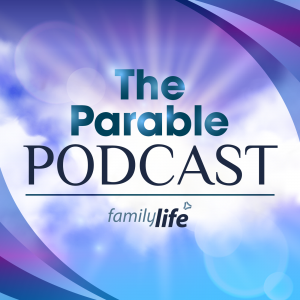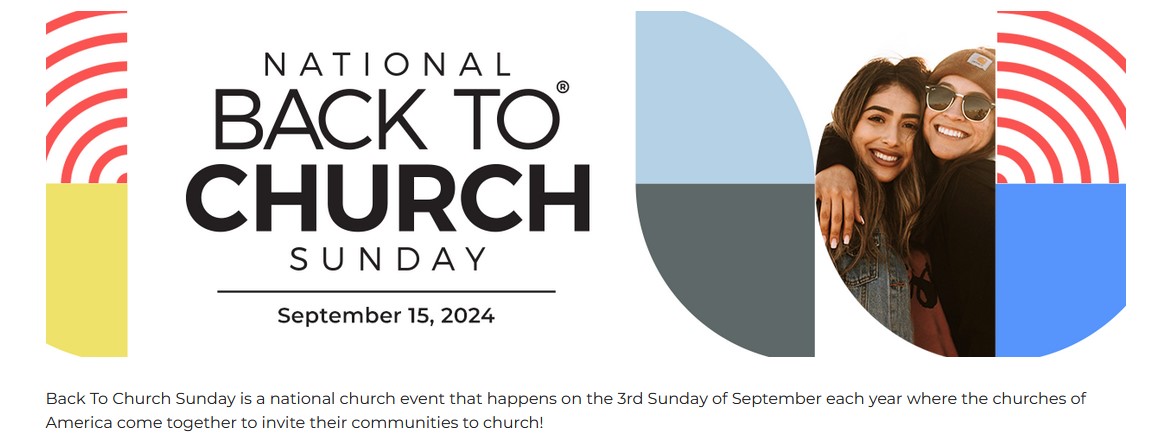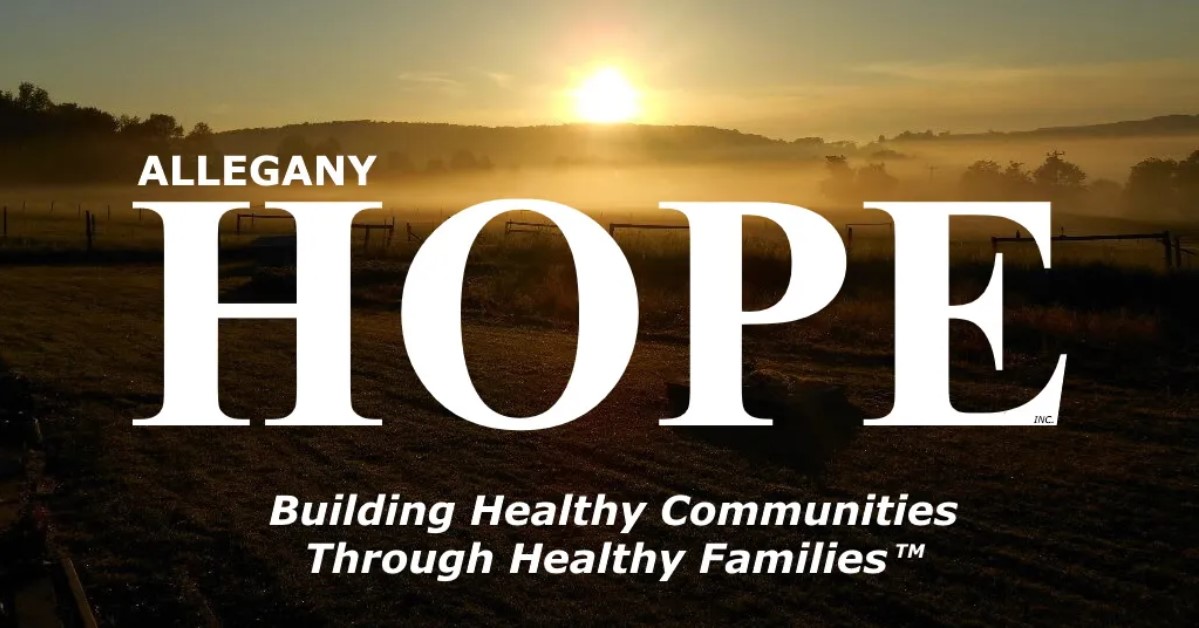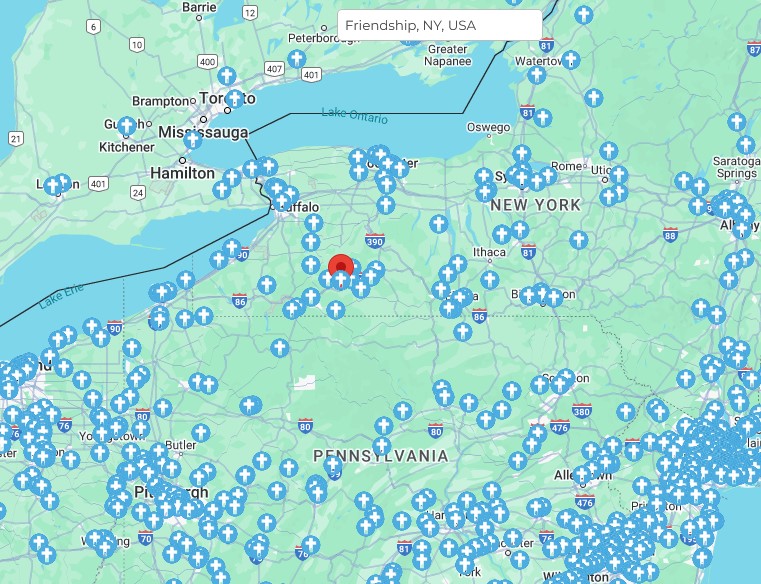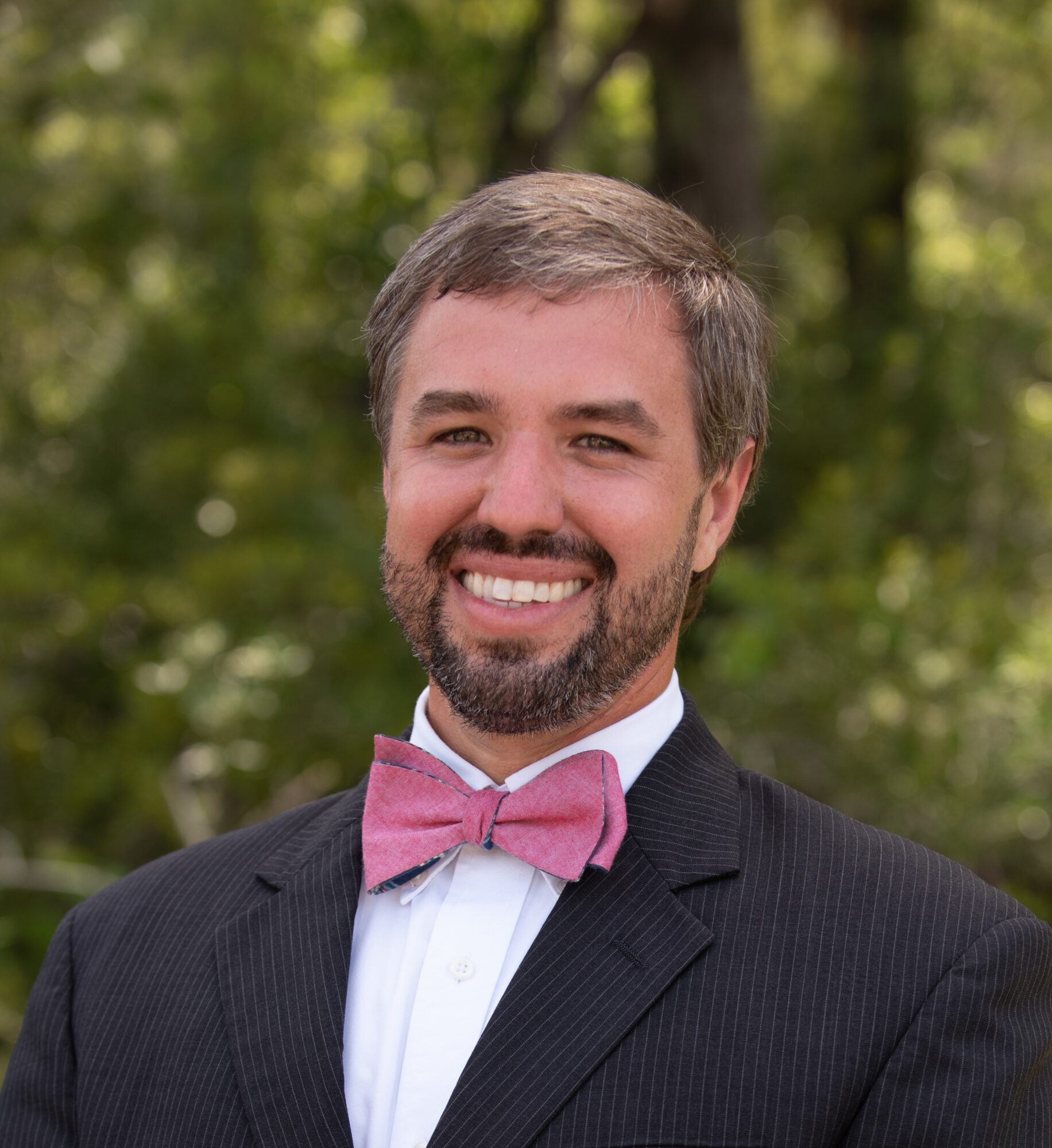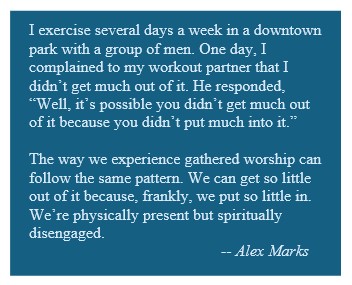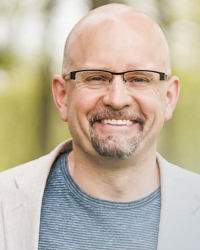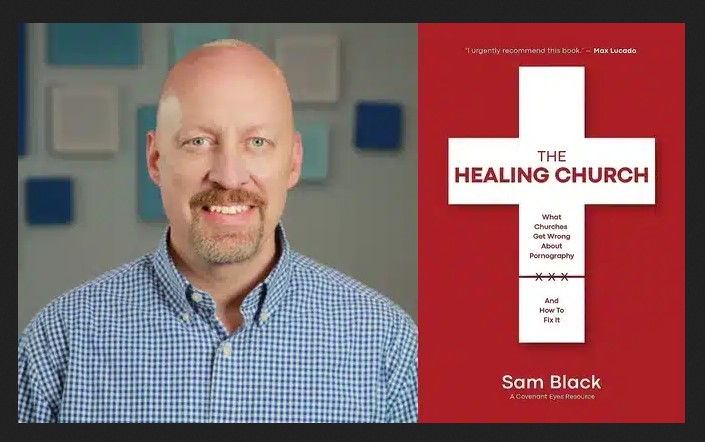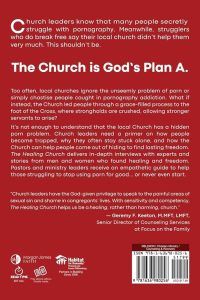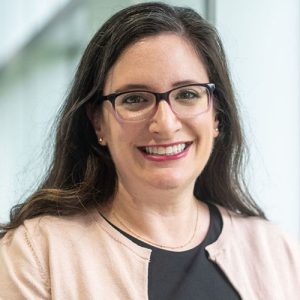
Youth Ministry – Inspiration for Congregations – 9/30/24
Podcast: Play in new window | Download (Duration: 14:15 — 19.6MB)
Subscribe: Apple Podcasts | Android | Email | RSS
Youth Ministry -What is most effective in the 21st Century?
Inspiration for Congregations
Patterns of congregational youth ministry which were emphasized 20 and 30 years ago are not as effective these days to engage with teens, children and young adults now. Research has shown what church leaders and volunteers ought to emphasize now. The measurement they used: what was distinctive in churches where students were still active in a congregation five to ten years later, long after they “graduated” from youth ministry.
The Rev. Mark Kiessling is director for the national Youth Ministry Office of the Lutheran Church Missouri Synod. He tells Family Life News that ministry with young people which are geared mostly toward events and programs are not having the same impact with the current young generation. What is especially strong to influence
He says many smaller and midsized churches fret over not having much of a traditional “youth program”, if they even have one at all. However, smaller congregations actually have an advantage they can leverage: they are already good at relationships and personal connections.
Listen to this conversation from the podcast player here, and consider sharing it with decision-makers in your congregation or regional network.
– – – –
Their research and recommendations are contained in “Seven Practices of Healthy Youth Ministry” which includes these priorities:
+ Every congregation offers Warmth, Challenge, and Grace
overview & video: youthesource.com/2019/07/healthy-congregations-have-warmth-challenge-grace/
+ Every young person should be intentionally connected with 5 Supportive Adults
overview & video: youthesource.com/2019/07/healthy-congregations-have-supportive-adults/
+ Every parent is supported, so they can engage effectively with these daughters and sons
overview & video: youthesource.com/2019/06/healthy-congregations-have-engaged-parents/
+ Every young person is helped to discover their identity in Jesus Christ, as well as their unique calling and vocation
overview & videos: youthesource.com/seven-practices/
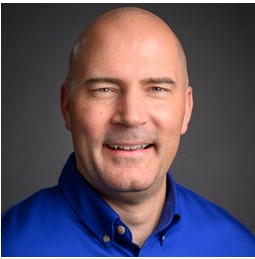
For further information:
* Website * Handout * Video * Book
The LCMS is partnered with 194 congregations in New York, 81 in Pennsylvania, and about 6,000 across the nation.
This is a podcast in our new series “Inspiration for Congregations” with insights from local, regional and national experts, to provide information and motivations for leaders and members of local churches. Today’s host is Family Life news producer Greg Gillispie.

